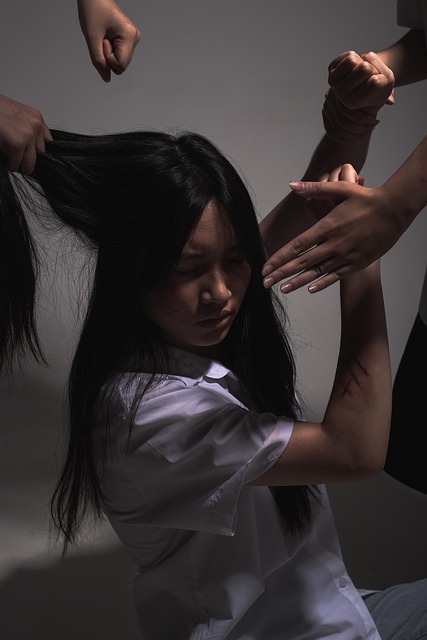Survivors of misconduct within Teen Challenge programs require recognition and rights protection. Educating participants about legal rights empowers them to take action against abuse, seek support, and heal from trauma. Increasing awareness enables prevention efforts and fosters accountability. Building support networks through peer connections and confidential spaces is crucial for healing. Institutions must create safe environments for survivors to share experiences without fear of retaliation, facilitating systemic change and meaningful conversations for recovery. Effective advocacy includes raising awareness, breaking stigma, and providing resources for trauma processing and preventing future abuse.
“Teen Challenge programs, despite their stated goals of character development, have been plagued by allegations of misconduct. This article explores the critical need for advocacy among survivors of Teen Challenge abuse, delving into three key areas: recognizing and protecting the rights of victims, fostering supportive communities, and pursuing justice and healing within institutional settings. By examining these aspects, we aim to shed light on the journey towards recovery for those affected by Teen Challenge abuse.”
- Understanding Teen Challenge Abuse Victims' Rights
- Building Support Networks for Survivors
- Advocating for Justice and Healing in Institutions
Understanding Teen Challenge Abuse Victims' Rights

Survivors of Teen Challenge misconduct deserve to have their rights recognized and respected. Understanding these rights is a crucial step in ensuring justice for victims. In many cases, young people who participate in such programs are vulnerable due to their age and potential power imbalances within the organization. Therefore, it’s essential to educate them about their legal standing and options available to them.
Knowing their rights enables survivors to take action against any form of abuse or exploitation they experienced. This may include seeking medical care, counseling, legal redress, or joining support groups. By raising awareness about Teen Challenge Abuse Victims’ rights, we can empower them to speak out, heal from past traumas, and prevent similar incidents from occurring in the future.
Building Support Networks for Survivors

Building support networks is a crucial step in empowering survivors of Teen Challenge misconduct. These victims often face unique challenges, as they may have been isolated from traditional support systems during their time within the program. Therefore, creating safe and understanding communities becomes essential for their healing journey. Encouraging survivors to connect with peers who have gone through similar experiences can foster a sense of belonging and provide valuable peer-to-peer support.
Support networks can be facilitated through survivor-focused groups, online forums, or counseling sessions where individuals can share their stories, gain validation, and offer encouragement. It’s vital for advocates to ensure these spaces are free from judgment and promote confidentiality to encourage open dialogue. By establishing robust support networks, survivors of Teen Challenge abuse victims can find strength, rebuild trust, and take proactive steps towards reclaiming their lives.
Advocating for Justice and Healing in Institutions

Advocating for justice and healing among Teen Challenge abuse victims is a critical step in ensuring accountability and supporting recovery. Institutions, including religious organizations and youth programs, must be held responsible for addressing past and present misconduct. This involves creating safe spaces where survivors can share their experiences without fear of retaliation or judgment. By fostering an environment of trust and empathy, these institutions can facilitate meaningful conversations that lead to systemic change.
Healing is a complex process, and every survivor’s journey is unique. Providing appropriate resources, such as counseling services and legal aid, is essential for helping individuals process trauma and reclaim their lives. Effective advocacy also includes raising awareness about the prevalence of Teen Challenge abuse victims, breaking down stigma, and encouraging open dialogue to prevent similar instances from occurring in the future.
Survivors of Teen Challenge misconduct deserve justice, support, and healing. By understanding their rights, building robust support networks, and advocating for reforms within institutions, we can foster an environment that prioritizes the well-being of these individuals. Recognizing and addressing past injustices is a crucial step towards a brighter future, ensuring that no one faces the aftermath of abuse alone.
